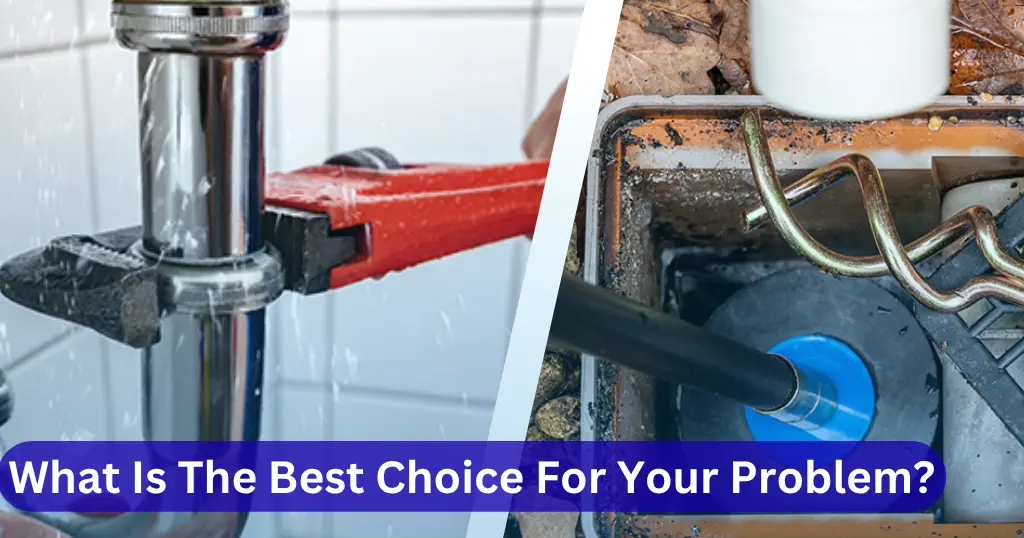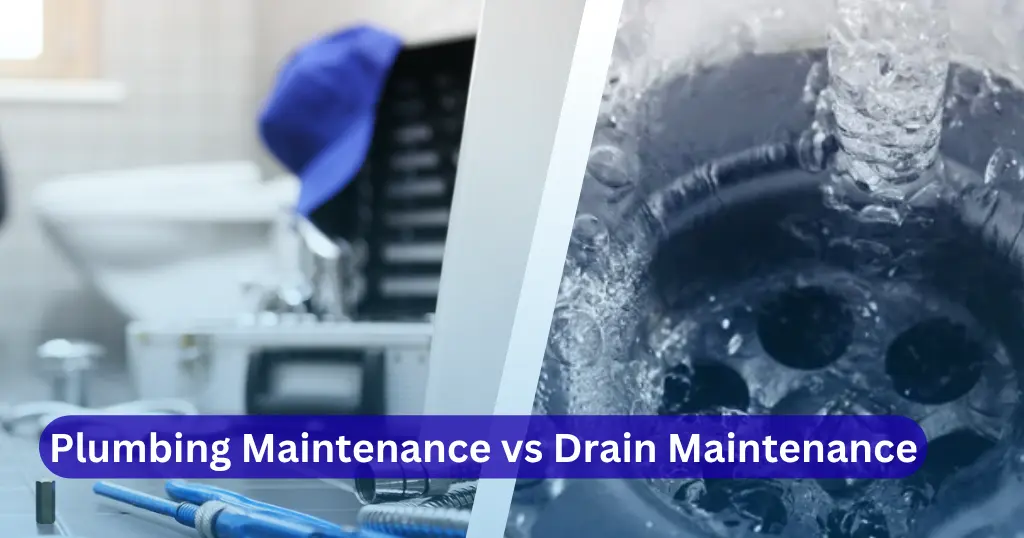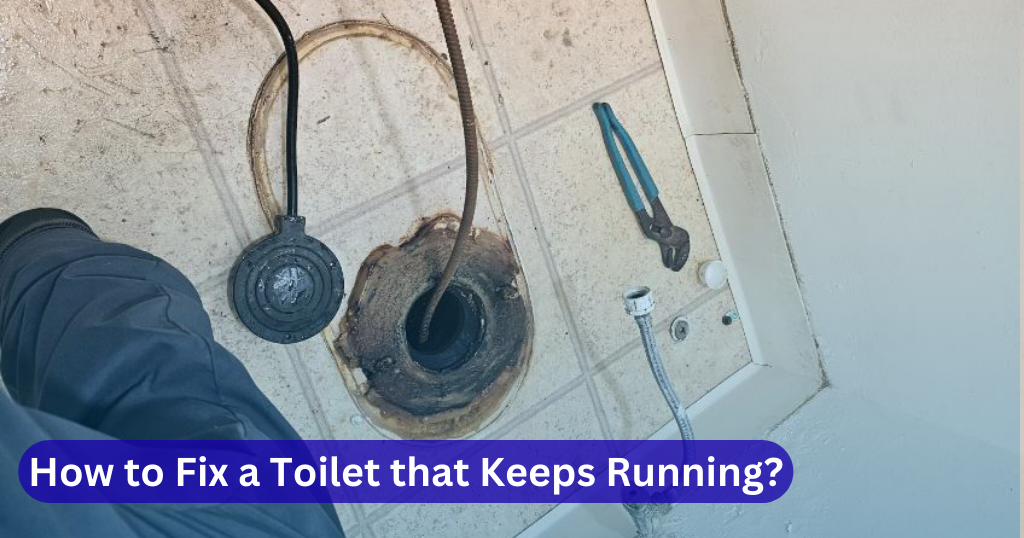When your sink clogs or a pipe leaks, it is not always clear who to call for help: a plumber or a drain cleaner.
Here is the main difference: A plumber handles problems like leaks, issues with your water supply, fixing pipes, and installing new plumbing parts.
A drain cleaner specializes in solving clogged drains, sewer backups, or when water drains very slowly. Understanding this difference saves you time, money, and stops bigger water damage from happening.
What is the best choice for your problem? Drain cleaning vs. plumbing repair

This is a common confusion that most people face. But here we have the correct answer that will solve your confusion forever.
Plumbing and drain cleaning are connected but not the same. How?
Plumber
Plumber takes care of your home’s entire water system. From the water supply pipes to the sewer lines.
They repair leaks, install toilets, fix water heaters, and manage sanitation and waste disposal.
Drain Cleaner
They specialize only in removing blockages from sinks, showers, and sanitary sewer lines. They don’t typically repair broken pipes or install fixtures.
Note: Many plumbing companies like All Bros Plumbing offer both services. So you don’t have to go anywhere. Check out our complete plumbing services.
What’s Cheaper: Plumbing or Drain Cleaning Service?
Before you buy service, it helps to know which method typically costs less.
- Drain cleaning: It usually costs less because it focuses on clearing clogs with tools like augers, hydro jetting, or environmental technology for water treatment.
- Plumbing repair: It is almost more expensive, especially for pipe replacement, leak repair, or fixing water damage from sewer backups.
Now, it is entirely up to you which service you need according to your current problem.
When to Call a Plumber or Drain Cleaning Service?
Don’t know who’s right for you? Relax! This confusion isn’t just with you.Use this quick guide to quickly find out what the best solution is for you.
Call a drain cleaner if:
- Water drains slowly in sink/shower
- Frequent toilet clogs
- Gurgling sounds from drainage
- Bad odors from sanitary sewer lines
Call a plumber if:
- Water leaks under sinks or walls
- Burst pipes or water supply issues
- Water heater problems
- Installing or replacing toilets, faucets, or other plumbing fixtures
Plumbing Maintenance vs Drain Maintenance

70% Regular maintenance stops emergencies.
Plumbing Maintenance
- Inspect water supply and sanitation systems
- Check pipes for leaks and corrosion
- Test water treatment systems
- Annual inspection for environmental safety
Drain Maintenance
- Clean drains every 6–12 months
- Use eco-friendly waste treatment technology
- Prevent water pollution by avoiding grease buildup
Tools and Techniques Used by Plumbers vs. Drain Cleaners
| Service | Tools & Equipment Used | Purpose |
| Plumbers | Pipe wrenches, soldering tools, leak detectors, cameras | Leak repair, pipe replacement, fixture installs |
| Drain Cleaners | Drain snakes, augers, hydro jetting machines | Clearing blockages, sewer cleaning |
Modern plumbers also use video inspections and advanced water treatment tools for complex repairs.
Frequently Asked Question
Do you have to be a plumber to clean drains?
No, basic drain cleaning doesn’t require a plumber, but tough or recurring clogs should be handled by a licensed plumber for safe, lasting results.
Is liquid plumber a drain cleaner?
No, it can corrode pipes and harm the environment. Professionals use safer, mechanical methods.
Can drain cleaners damage plumbing pipes?
Yes, chemical cleaners can weaken pipes and damage fixtures. Professional cleaning avoids this risk.
Are drains and pipes the same thing?
No, drains are openings for wastewater, while pipes carry water and sewage through your home.


